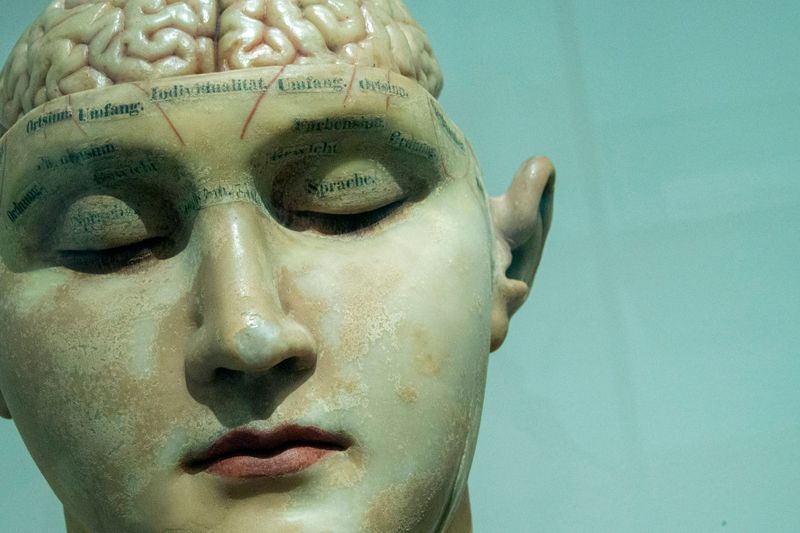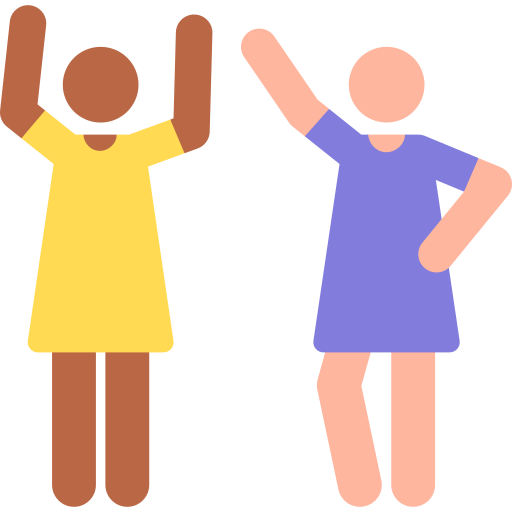Are you interested in how the mind works...and how it impacts our behavior?
 Photo by David Matos on Unsplash
Photo by David Matos on UnsplashWelcome to the wonderful world of psychology!
Why are some people natural leaders? Why do we dream? The most famous of them all, is it nature or nurture? 
Psychology, the study of the mind and behavior, has provided answers to these questions and more since the 1800's.
It's a fascinating field with many subfields to explore, from cognitive development to more recently emerging fields like psychology in user experience design.
Check out some of the psychologists who have made major contributions to the field:
Sigmund Freud
His theory of the unconscious and the concepts of id, ego, and superego revolutionized psychology.
Ivan Pavlov
Renowned for his pioneering work in classical conditioning.
Wolfgang Köhler
Known for his pioneering work in Gestalt psychology. Renowned for groundbreaking research on problem-solving in apes.
Carl Jung
Founded analytical psychology and introduced concepts such as the collective unconscious, archetypes, and the process of individuation.
Why study psychology?
"Why not study psychology?" is the better question! Check these reasons out, as detailed by Very Well Mind:

You can learn more about who we are as individuals, including our own development, personality, thoughts, and behaviors.

Psychology can provide a basis for a better understanding of other people.

Psychology can make a person a better communicator, a better leader, and even a better friend.
You'll enjoy this field if...

You enjoy working with people.

You have a desire to help others.

You're intrigued by how we think.

You want career opportunities!
Quiz
What are some characteristics of a person who would do well in the field of psychology? Select all that apply:
What education do I need?
 Image designed by Freepik
Image designed by Freepik
Learn about your degree options below!
Bachelor of Arts (B.A.) or Bachelor of Science (B.S.)
4 year degree
General studies
Think entry-level job in the field of social work.
Master of Arts (M.A.) or Master of Science (M.S.)
2-3 years beyond a bachelor degree
Specialized studies
Think entry-level job in the field of mental health.
Ph.D
4-7 years beyond a bachelor degree
Focused on research
Think professor of psychology.
Psy.D
4-7 years beyond a bachelor degree
Focused on clinical work
Think licensed clinical psychologist.
What will I learn?

Theoretical Frameworks
Learn theories fundamental to the field of psychology. Get a head start!
Grand theories
Mini theories
Emergent theories
Research Methods
Learn various research methods that are used to study human behavior, cognition, and emotions.
Experimental design
Conducting case studies
Critical Thinking
Psychology courses will challenge you to think critically. Studying and applying theories and research methods will help to strengthen your critical thinking skills.
Writing
You'll sharpen your writing skills with the extensive writing in the program.
How do I succeed in school?


Create
A study schedule.
Short-term and long-term goals.
A journal for self-reflection.
Time for self-care!

Seek
Guidance from alumni and professionals in your field of study.
Mentor(s) you can build a long-term relationship with.
Opportunities to give back to others as your confidence grows.

Develop
Confidence by participating in school activities.
Leadership skills by volunteering for projects at school or work.
Ways to get out of your comfort zone!

Pivot
Be ok with change. We grow, we change.
Be ok with taking a pause. If you need it, do it!
Give yourself grace! You deserve it.
Where can I work?
A degree in psychology can be applied to MANY fields!
 Photo by Freepik
Photo by Freepik
The most common primary area of specialty among licensed psychologists is clinical psychology (44%).
According to the American Psychological Association, clinical psychologists "provide clinical or counseling services [to] assess and treat mental, emotional, and behavioral disorders."
Not interested in the traditional clinical psychology route? There are many interesting career paths you can take! Check out these examples from performance psychology:

Jack Stark, PhD
Performance psychologist for stock car racers
Stark uses science to help drivers find their 'on' switch. He applies his research in human behavior and his background in clinical psychology to motivate drivers to focus on the task at hand.
 Image by Sergey Romanenko via Pixels
Image by Sergey Romanenko via Pixels
Madeleine Hallé, PhD
circus psychologist
As senior performance psychologist for Cirque du Soleil, Hallé helps the company's 1,300-plus artists perform nearly impossible feats at about two dozen different shows around the world.
What's my earning potential and job outlook?

According to the US Bureau of Labor Statistics:

2023 median pay was $92,740 per year.

The number of psychologist jobs in 2022 was 196,000.

The job outlook until 2032 is projected to increase by 6% (faster than average).
Take Action

Your feedback matters to us.
This Byte helped me better understand the topic.
